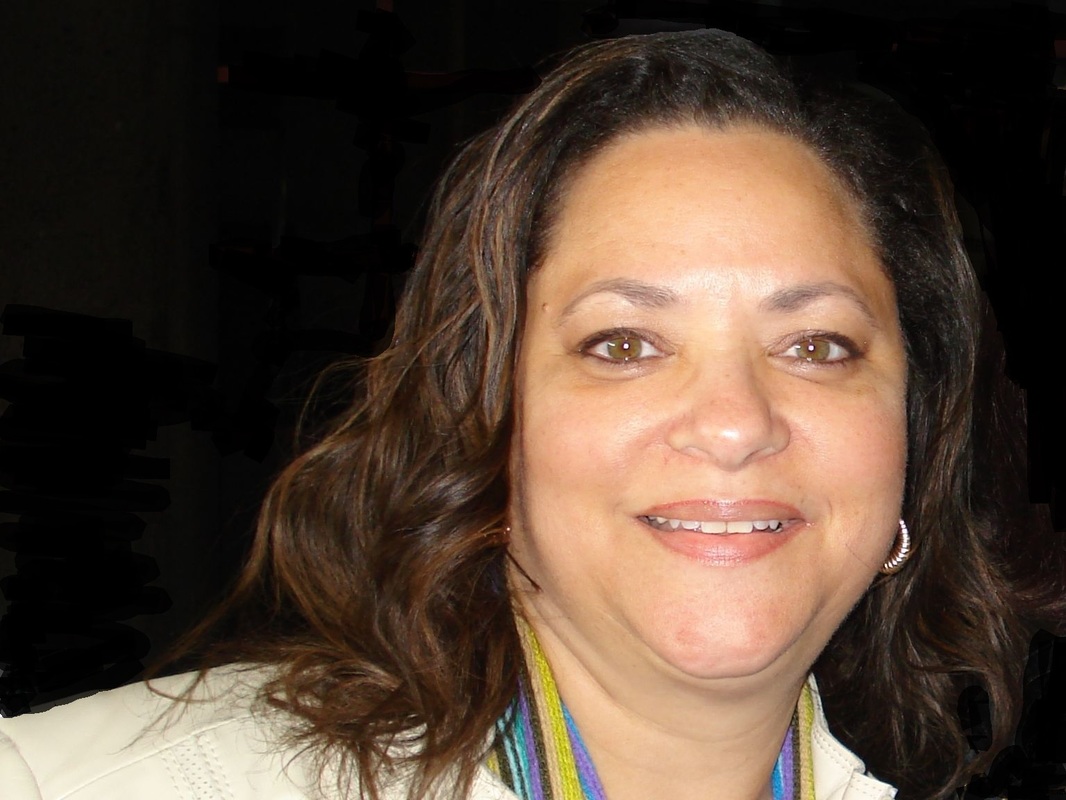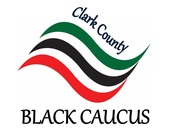In my previous articles I’ve spoken about ESSA (Every Child Succeeds Act) passed in December 2015. Federal law requires Nevada’s Education Plan to include a priority for schools or sub-groups of students least proficient. Beginning with this school year, Nevada Department of Education (NDE) requires each school district in Nevada to comply through the ESSA Plan approved by US Department of Education.
While many Black students meet or exceed academic standards, a large percentage do not meet grade level proficiencies. In my ten years as a volunteer education advocate this is the first time, in my opinion, that the stars have aligned to provide much needed resources to Black students whose educational needs have gone unmet. Although the number of native speaking English language learners who rank in the lowest 25% proficiency are approximately the same, the focus in public policy and the media remains on English as a second language learners.
The New Nevada Education Funding Plan ($36 million) is appropriated each fiscal year. The NDE is charged with determining the number of pupils in each public school who are English learners or are eligible for a free or reduced lunch who score in the bottom 25th percentile in proficiency, who are not enrolled in a Zoom or Victory school, and who do not have an individualized education plan (IEP). NDE shall provide an additional per pupil amount of $1,200 to serve identified students at identified schools. You can find the list of allocated funds for each participating schools at www.CCBlackCaucus.com.
Before using the funds the public school must consult with staff, parents, legal guardians, and school organization team (if one exists) on which permissible uses of funds the school will dedicate the funding towards. Together they are to create a plan for the use of the funds and the goals to be achieved. The NDE shall also prescribe annual measurable objectives, and track performance targets of pupils, to ensure a high return on investment for eligible students. Should schools misappropriate SB178 funding, NDOE can suspend future funding.
This is a HUGE opportunity to significantly reduce the growing proficiency gap currently in Nevada schools regardless of race, zip code or language. Unlike Title 1 funding where schools typically use funds to address literacy/math needs, resources usually serve all students on campus and is not "targeted" to qualifying students in poverty. SB178 mandates specific use to serve specific students.
Parents, students, educators, and community stakeholders should check with their qualifying school and participate in developing the school plan and ensure your child is not left out.
Yvette Williams is a community advocate and Chair/Founder of the Clark County Black Caucus, a non-partisan community organization driven 100% by volunteer members registered to vote. Follow her on twitter @YvetteBWilliams or contact her at ClarkCountyBlackCaucus@gmail.com for more information.

 RSS Feed
RSS Feed
